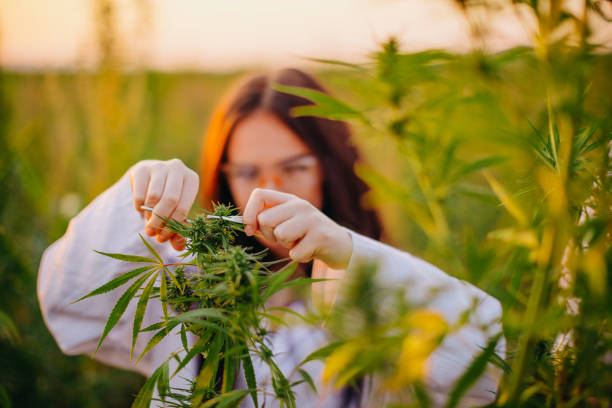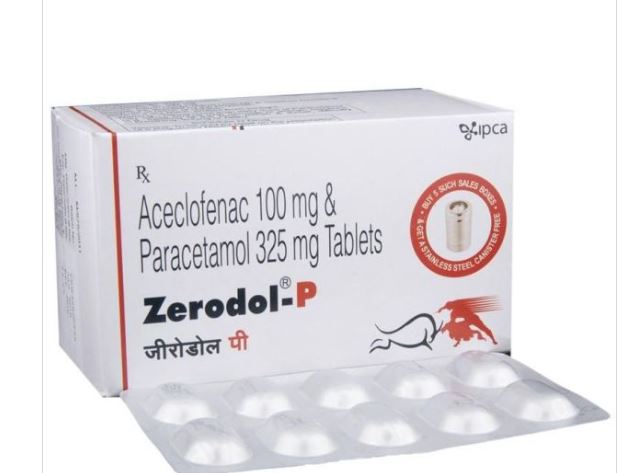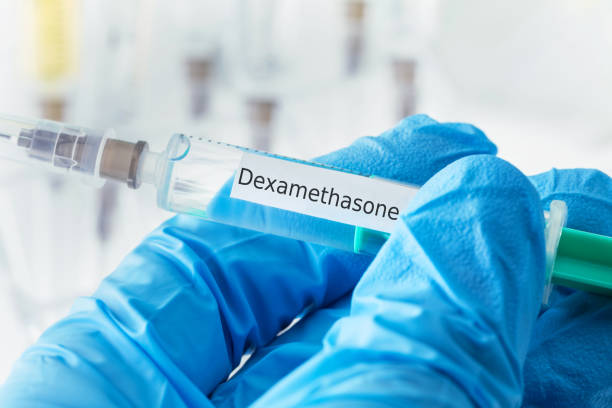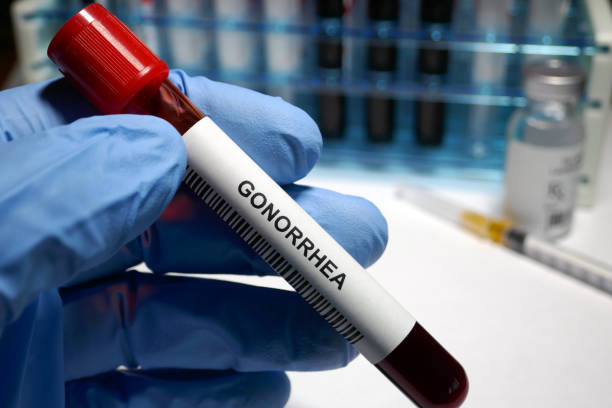Unlocking the Benefits of Consulting with a Medical Marijuana Doctor
In recent years, the perception and acceptance of medical marijuana have undergone a significant shift. With increasing awareness of its potential therapeutic benefits, more individuals are turning to medical marijuana as a treatment option for various health conditions. However, navigating the complexities of medical marijuana usage requires guidance from a qualified professional. This is where […]
Continue Reading








